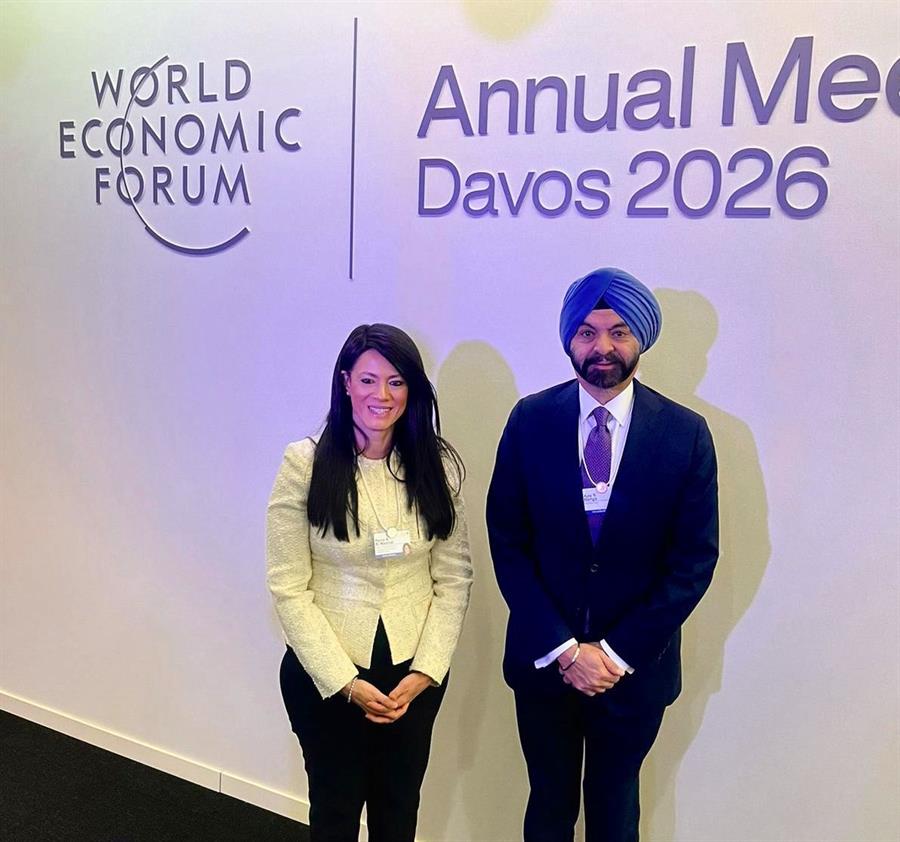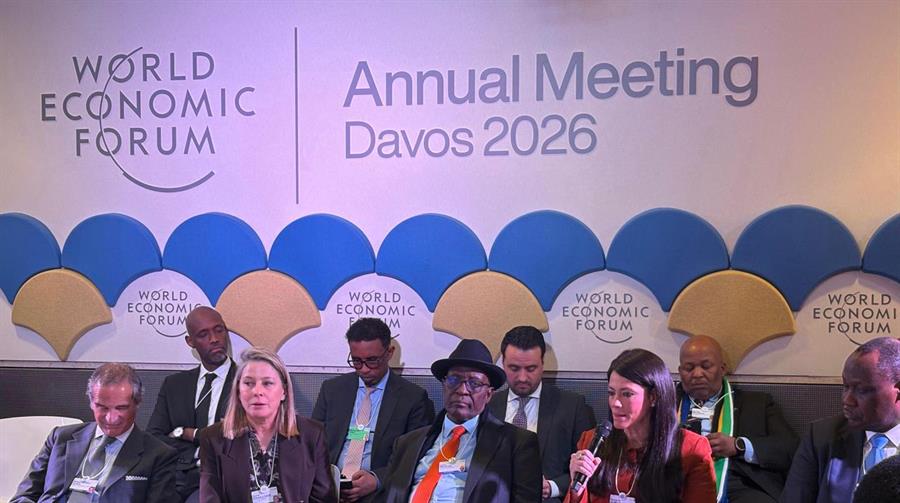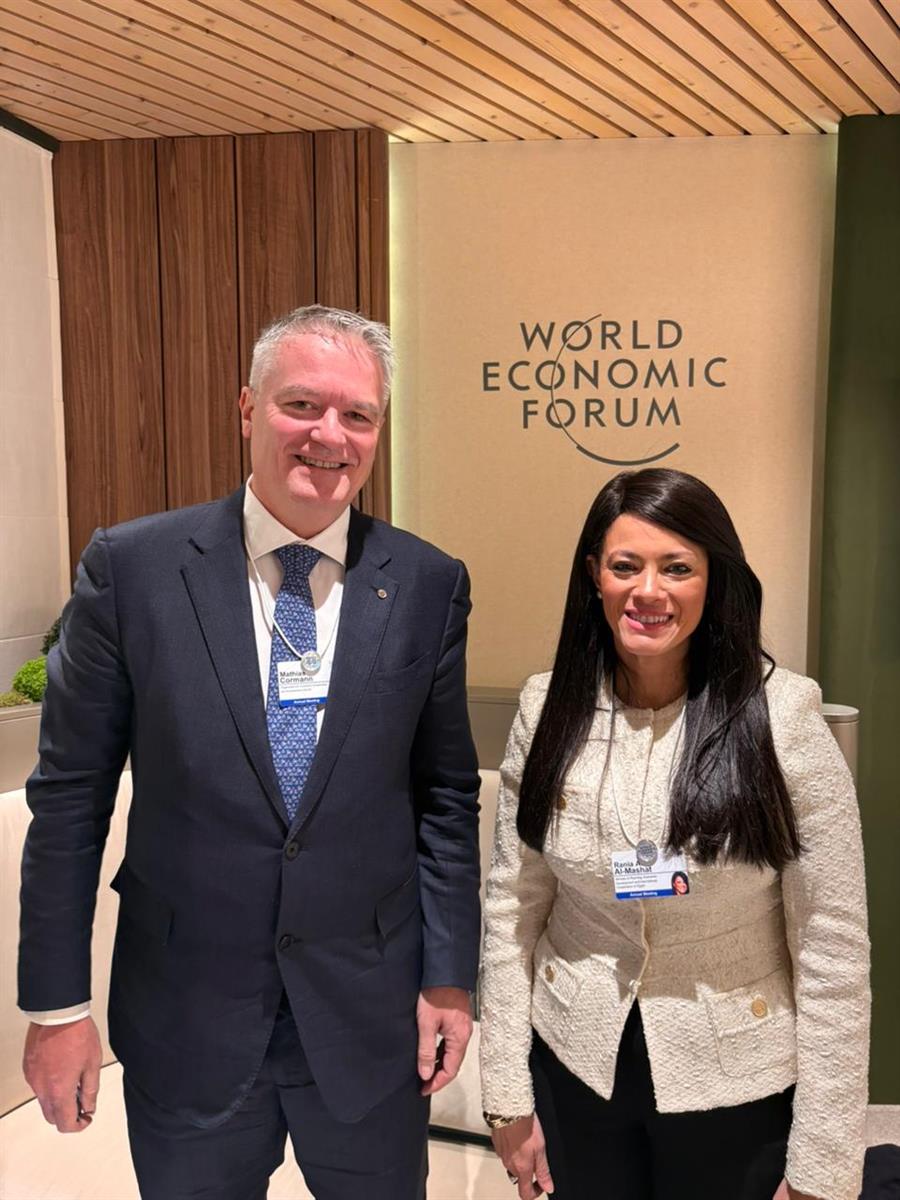General Investments in Alexandria Governorate in FY 2022-23 reach EGP 44.9 bn: Planning Ministry

11 February 2023
Egypt’s Ministry of Planning and Economic Development issued a report that reviews the features of the citizen’s investment plan for Alexandria Governorate for the fiscal year of 2023/22.
The announcement of the report came as part of the citizen’s Investment plan announced in all of Egypt’s governorates for the fourth year in a row, with the aim of educating citizens about the directions and priorities of the sustainable development plan for fiscal year (22/2023), and its role in achieving "Egypt's Vision 2030".
H.E. Dr. Hala El-Said, Minister of Planning and Economic Development, asserted that community participation is the basic guarantee for the localization of sustainable development goals at the local level.
She further noted that the participatory approach achieves balanced regional development, and bridges development gaps between the different governorates, in line with Egypt's Vision 2030 and SDG Goal 17: Partnerships for the Goals.
El-Said added that the Ministry of Planning and Economic Development is keen to involve citizens in all stages of the development process, which begins with planning, follow-up, and impact assessment.
She noted that the ministry is always working to take accelerated steps toward creating the appropriate environment to enhance this participation.
These steps appear apparently through the government’s efforts in affording detailed data related to the annual sustainable development plans, issuing periodic implementation follow-up reports, or proposing priority initiatives and projects.
Regarding the Citizen's Investment Plan in Alexandria Governorate, El-Said explained that the number of development projects in the governorate reaches 401 projects and that the value of public investments directed to Alexandria Governorate in the 2023/22 plan amounts to EGP 44.9 billion, with a growth rate of 72.7% compared to the 2022/21 plan
With regard to the sectoral distribution of targeted public investments in Alexandria Governorate with the 2023/22 plan, the report of the Ministry of Planning and Economic Development indicated that investments amounting to EGP 27.4 billion were directed to the transportation sector, at a rate of 61%, followed by the petroleum sector, at a value of EGP 5.9 billion, or 13.1%.
The higher education and scientific research sector enjoy EGP 4.3 billion or 9.6%, then the housing sector, EGP 3.1 billion, or 6.9%, then the local development sector with investments amounting to EGP 1.8 billion, or 4%. EGP 2.4 billion, or 5.4 percent.
The report indicated that the number of villages targeted by the first phase of the "Decent Life" initiative in Alexandria governorate is 9 villages, and the number of beneficiaries reached 55,000 people.
The most prominent development projects in Alexandria governorate that were implemented through the initiative and achieve the goals of sustainable development are the establishment of 5 ambulance points, 5 health units, 183 classrooms, and 10 schools, in addition to the establishment of 2 drinking water stations, 9 sanitation projects, and 3 treatment plants.
The report highlights the most significant development goals in the housing sector in Alexandria Governorate in Plan 2023/22. The goal is to allocate about EGP 2.3tlion for water and sanitation services.
The number of development projects in this sector is 68, and in the local development sector, the number of development projects is 148 projects. The most critical development goals in this sector are directing EGP 386 million for paving internal roads and directing EGP 83 million for extending and strengthening electricity networks.









